Our pace of technological advancement is changing our lives exponentially. It’s exciting to think about what is around the corner. We are set to travel vast distances in minutes. Space tourism is becoming a thing. Some scientists believe we may live past 1000 years old. Artificial intelligence is rapidly improving to spot patterns in overwhelming amounts of data. Yet, how technology can enhance our interior and empathic lives is often overlooked. According to Alain de Botton, future emotional technologies will profoundly enhance our lives.
In this School of Life video, Alain explains three particular technologies he believes will be among the most impactful:
1) The Mood Reader
"One of the major sources of conflict and grief between people, especially in relationships, stems from how bad we are at explaining the contents of our minds to other people... When we are on the receiving end of inaccurately communicated feelings, we tend to make bad guesses about what might be going on in the other person. We get overly alarmed. We come up with jumpy, ungenerous stories... The Mood Reader will be able to give people close to us (whom we elect) beautifully expressed executive summaries of what we’re really feeling at a given point; laid out in ways that are accurate generous and imaginative - like something a great novelist would come up with. Currently, too often, a person in a couple will say in despair, after a long sulk or argument, 'how did you expect me to be a mind reader?' Technology will spare us the cumulative years of sulks and arguments by allowing us to be, for a time, just that."
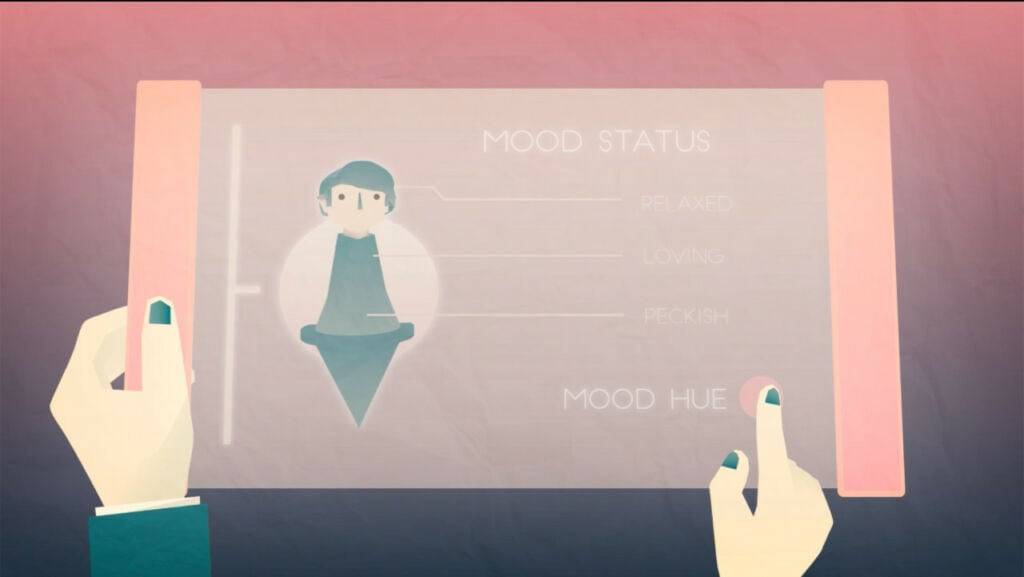
2) The Spouse Finder
The Spouse Finder of 2050 will be an expert finding you a match. Partly because everyone on the planet will be registered with it, but just as importantly, because it will have such an acute understanding of our deepest needs and emotional vulnerabilities... The spouse finder will have a picture of our long-term development in its memory... The spouse finder will know us and others so well it'll have the authority to convince us when we do hit tricky patches with a partner it's found us, but for all its faults our relationship really is the best available for us. It'll give us the confidence to believe that the trickiness of our couple emerges not so much from the other person as from the inherent difficulty of being with anyone."
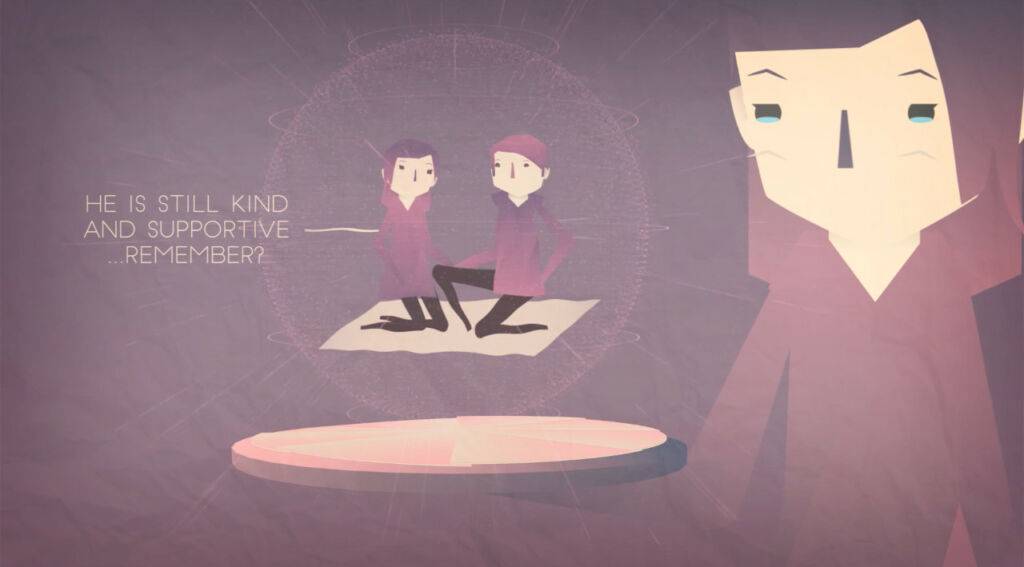
3) Socrates
"Named after the world's greatest early philosopher, Socrates, who famously said that the first philosophical priority is to know yourself. Socrates will be a piece of wearable emotional technology that will make up for our failures of self-knowledge in real time. We imagine it as a kind of wearable life coach, with the total understanding of our mental health, who we are, and what we need to thrive emotionally. At key moments, Socrates will be on hand to temper our excesses and correct our emotional blind spots. It will know when we're getting to an angry outburst and counselors wisely before it's too late. It will sense mounting panic and be on hand immediately with the most soothing insights humanity has ever had. It will ween us away from unhelpful desires and compulsions towards more fruitful and enriching pursuits. It will know when we need an extra challenge. It will ensure that we can at all times be the best version of ourselves."
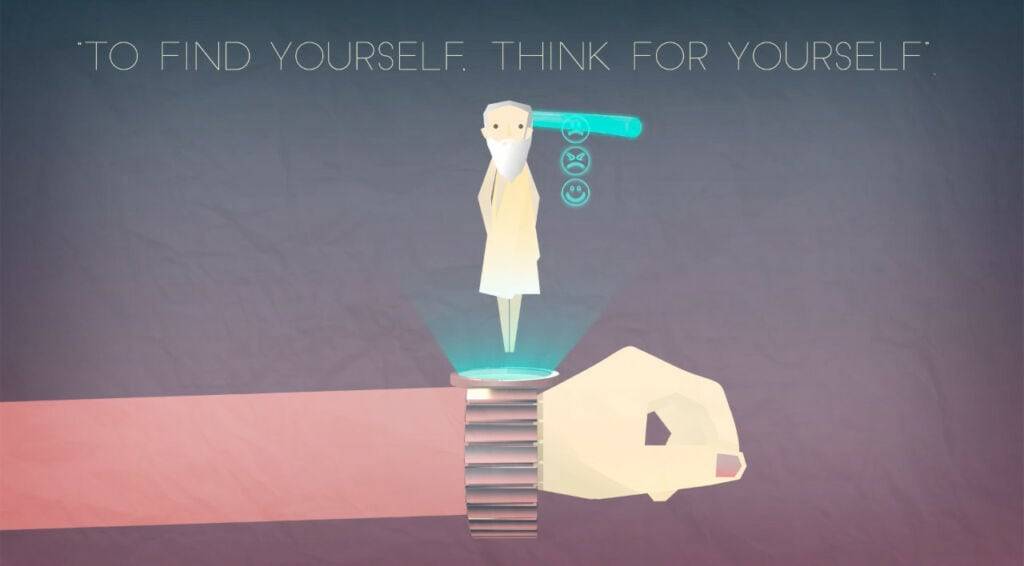
Alain concludes:
"The promise of technology has always been that it will make life more convenient and less painful, but to date we haven't managed to focus on technological efforts on the biggest sources of discontent, which aren’t to do with the size of our phones or the speed of our planes, but with our emotional lives and the turmoil caused in them by our self-ignorance, cognitive frailty and in our blindness. That is the astonishing promise of the upcoming age of emotional technology."
2-3X Your
Learning Speed

“Emergence” is Like Art and Science Having Sex
e·mer·gence /əˈmərjəns/ noun 1. the process of coming into view or becoming exposed after being concealed. 2. the process of

A Simple Way to Mind Read
“When I wish to find out how wise, or how stupid, or how good, or how wicked is any one,
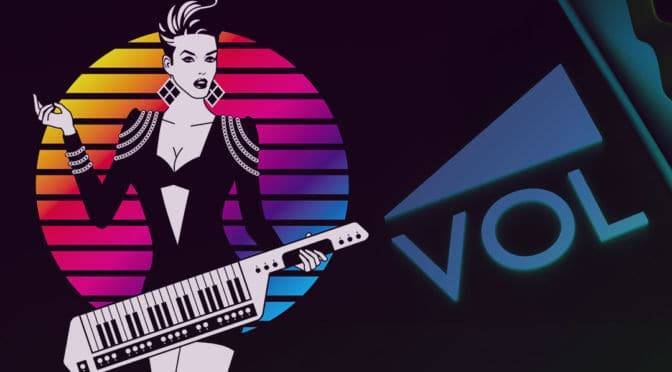
2 Simple Brain-Shifts That Can Turn Your Neural Activity for Mental Focus & Creativity to “11”
You can’t trip over a yoga-mat these days without hearing someone say something about “being mindful”, but… 📺 BREAKING NEWS
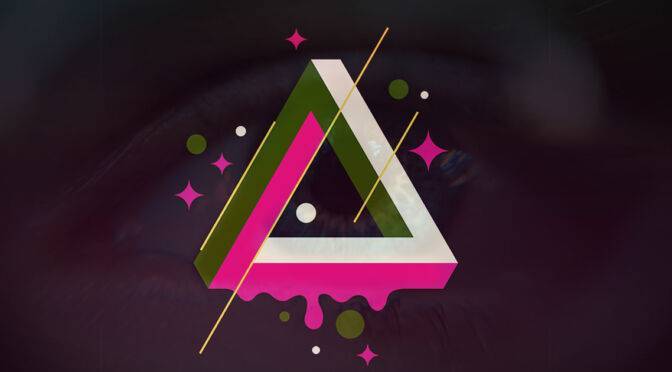
The World We “See” in Our Mind is Not the World Our Eyes and Brain Perceives
Have a look see at this chart used by neuroscientists Fuster, Crick and Koch to wrap your head around the

